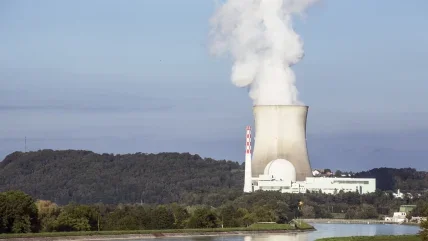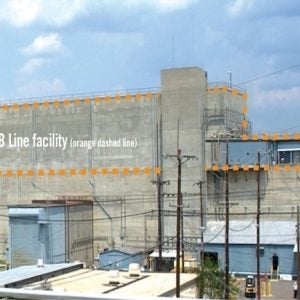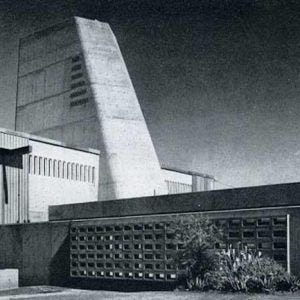
Poland is advancing plans to build its first nuclear power plant by approving funding of up to PLN60.2bn ($14.7bn).
The funding, which is vital for the project, is currently awaiting approval from the European Union (EU), reported Bloomberg.
Recently, Polish Prime Minister Donald Tusk’s cabinet approved a draft bill to increase the capital of Polskie Elektrownie Jądrowe (PEJ), the state-owned utility company.
PEJ will oversee the construction of 3.75GW reactors along the Baltic coast. The Polish government will transfer bonds or cash based on the project’s investment timeline.
Last month, PEJ received a letter of intent (LOI) from Export Development Canada (EDC), for up to $1.45bn to potentially support the nuclear power project.
Poland aims to complete the project by 2036, potentially replacing ageing coal-fired plants and ensuring steady power deliveries.
The fresh equity input will cover 30% of the plant’s funding, with the rest financed through debt from the US Export-Import Bank and other financial institutions.
Poland is accelerating its plans to avoid delays as global demand for nuclear power rises, driven by artificial intelligence (AI)’s need for uninterrupted supply.
Wojciech Wrochna, a senior official overseeing critical infrastructure, noted that negotiations with the EU over state aid compliance could take over a year. Following these discussions, Poland plans to finalise agreements with Westinghouse Electric and Bechtel Group.
Simultaneously, the European Commission is investigating Poland’s state aid proposal for the project. This includes provisions such as equity injections, a contract for difference for power from the plant, and state guarantees for PEJ’s debt.
The EU’s executive arm expressed concerns last month, stating that it has “doubts at this stage on whether the measure is fully in line with EU state aid rules.”
In August last year, Poland allocated PLN4.6bn ($1.2bn) from its 2025 budget to kickstart the development of its first nuclear power plant.






